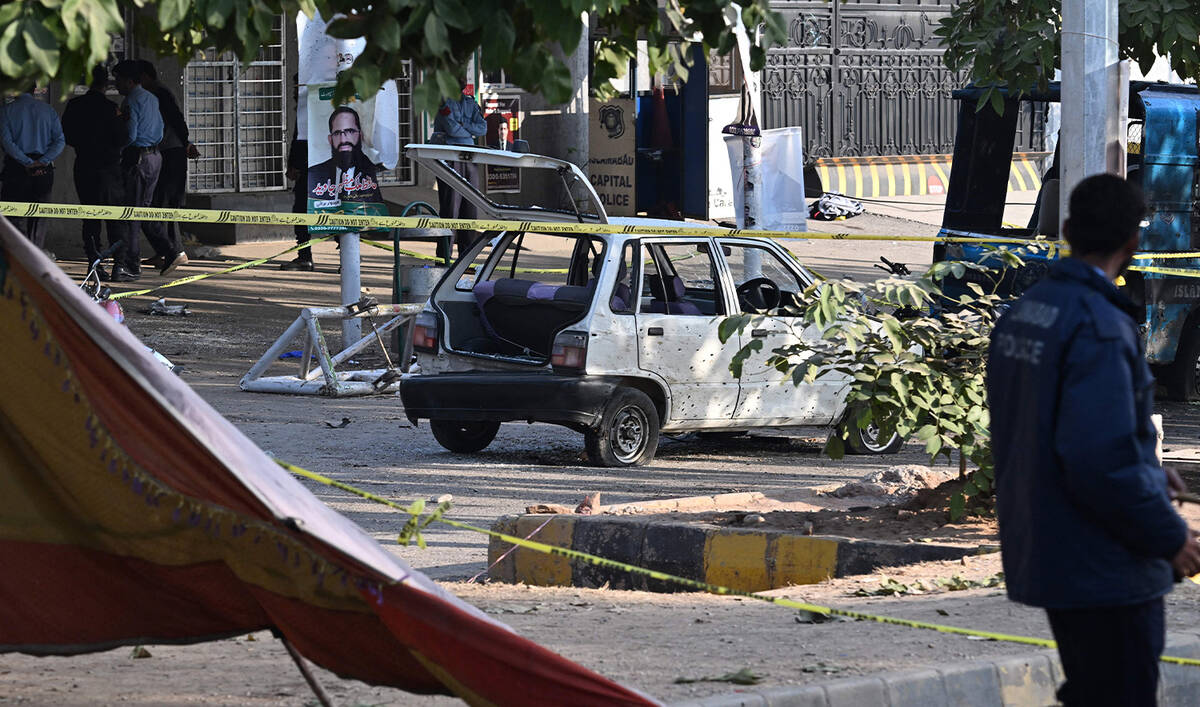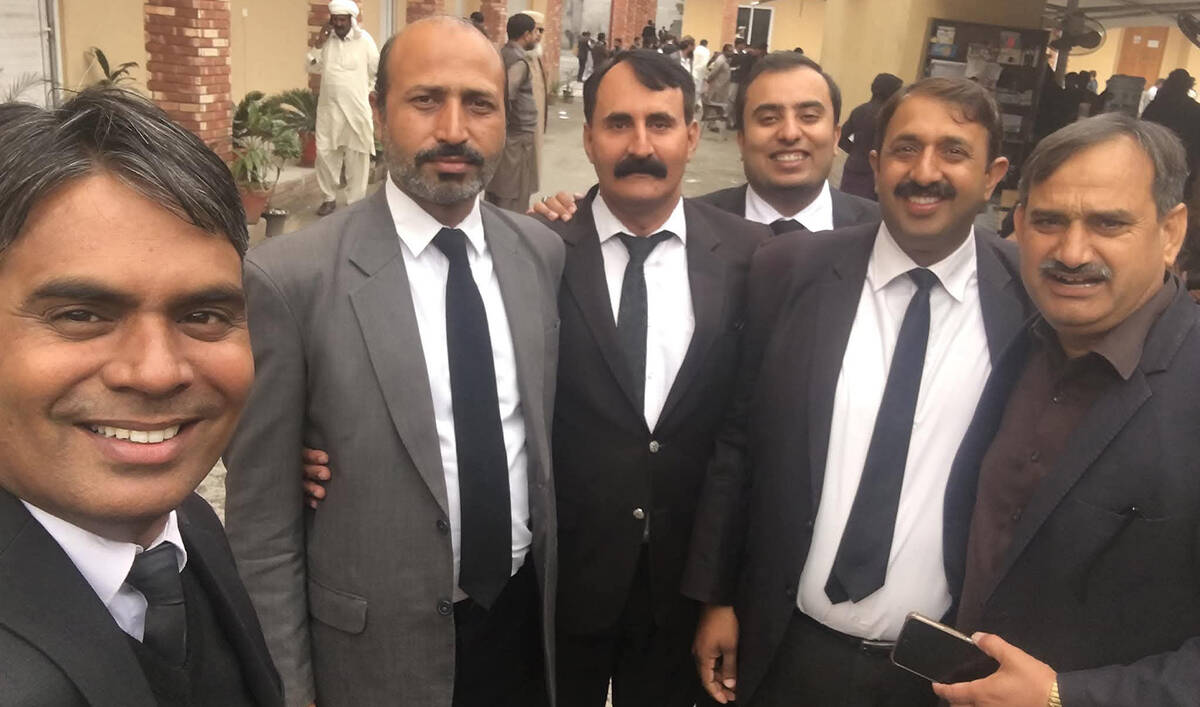ISLAMABAD: PakistanŌĆÖs Finance Minister Muhammad Aurangzeb on Tuesday invited global investors and stakeholders to invest in PakistanŌĆÖs priority sectors during the ongoing World Economic Forum (WEF) summit in Davos.┬Ā
Aurangzeb is in the Swiss city to attend the WEFŌĆÖs annual summit from Jan. 20-24 where the worldŌĆÖs top business and political leaders are meeting to address key global and regional challenges.
Pakistan, which has struggled with a prolonged economic crisis for the past two years, is struggling to bring about an economic revival. Prime Minister Shehbaz SharifŌĆÖs coalition government has vowed to do that by privatizing state-owned enterprises, reducing interest rates, slashing inflation and increasing exports to achieve a 6 percent growth rate in the coming years.┬Ā
ŌĆ£Global stakeholders are invited to support PakistanŌĆÖs journey by investing in priority sectors such as agriculture, IT, renewable energy, mining and minerals, textiles and apparels, pharmaceuticals, while capitalizing on Special Economic Zones (SEZs),ŌĆØ Aurangzeb wrote in an article for the WEF.┬Ā
The minister said Pakistan is addressing structural inefficiencies in revenue collection, energy and SOEs.┬Ā
ŌĆ£Rightsizing the federal government, reforming SOEs, and fostering export-led growth will strengthen internal revenue streams and reduce reliance on international funding programs,ŌĆØ he added.┬Ā
He said Pakistan was on a path to economic recovery, noting that inflation had dropped to 4.1 percent, and foreign exchange reserves now provide over two months of import coverage.
The Pakistani finance minister said the current account had recorded a surplus for three consecutive months while the countryŌĆÖs goods exports have risen by 7.1 percent,┬Ā
ŌĆ£PakistanŌĆÖs global default risk has dropped by 93 percent, signaling renewed faith in the countryŌĆÖs fiscal stability,ŌĆØ he said.┬Ā
ŌĆ£Local and foreign investors, including global giants like Aramco, BYD and Samsung, are contributing to this economic revival, reflecting PakistanŌĆÖs potential as a lucrative investment hub.ŌĆØ
The minister said the cornerstone of PakistanŌĆÖs economic transformation is visionary leadership and political will.┬Ā
ŌĆ£With a remarkable workforce, abundant natural resources, and immense production potential, Pakistan is poised to soar to new heights ŌĆō contributing to regional stability and global economic progress,ŌĆØ he said.┬Ā
AurangzebŌĆÖs activities at the forum would include taking part in panel discussions on the rising global debt burden on developing economies.┬Ā
He will also take part as a panelist in a discussion on the revolutionary impact of new technologies, especially Artificial Intelligence and automation, in promoting trade and investment, the finance ministry said this week.┬Ā
It said the minister will also give interviews to selected international media representatives during the summit.















